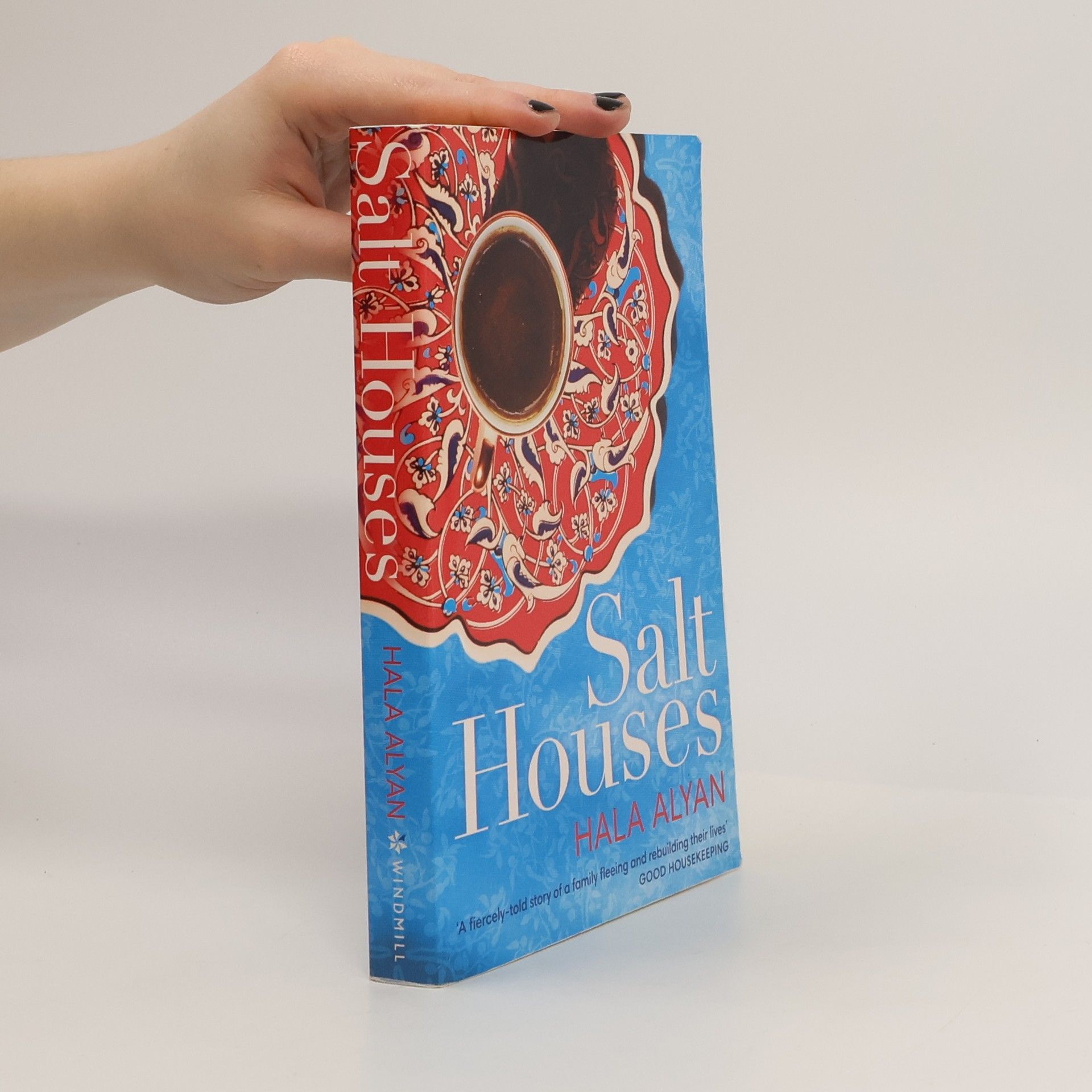We Call to the Eye & the Night
- 240pages
- 9 heures de lecture
This landmark anthology gathers together almost two-hundred vibrant English-language love poems by living writers of Arab descent. We Call to the Eye and to the Night is an amalgam of eminent poets —Hayan Charara, Leila Chatti, Nathalie Handal, Fady Joudah, and Naomi Shihab Nye, among them—and those who have just begun to make their mark. These poets are descended from diverse countries and represent a breathtaking intersection of voices, experiences, and perspectives. Divided into whimsical sections (named for lines from poems they include), the anthology features an evocative array of erotic and romantic selections, as well as ones portraying love of family, friends, heritage, and homeland. Exquisitely curated and introduced by acclaimed authors Hala Alyan and Zeina Hashem Beck, We Call to the Eye and to the Night is at once sexy, sensuous, adventurous, and nostalgic—a treasury of love emanating from the Arab world and its diaspora.

